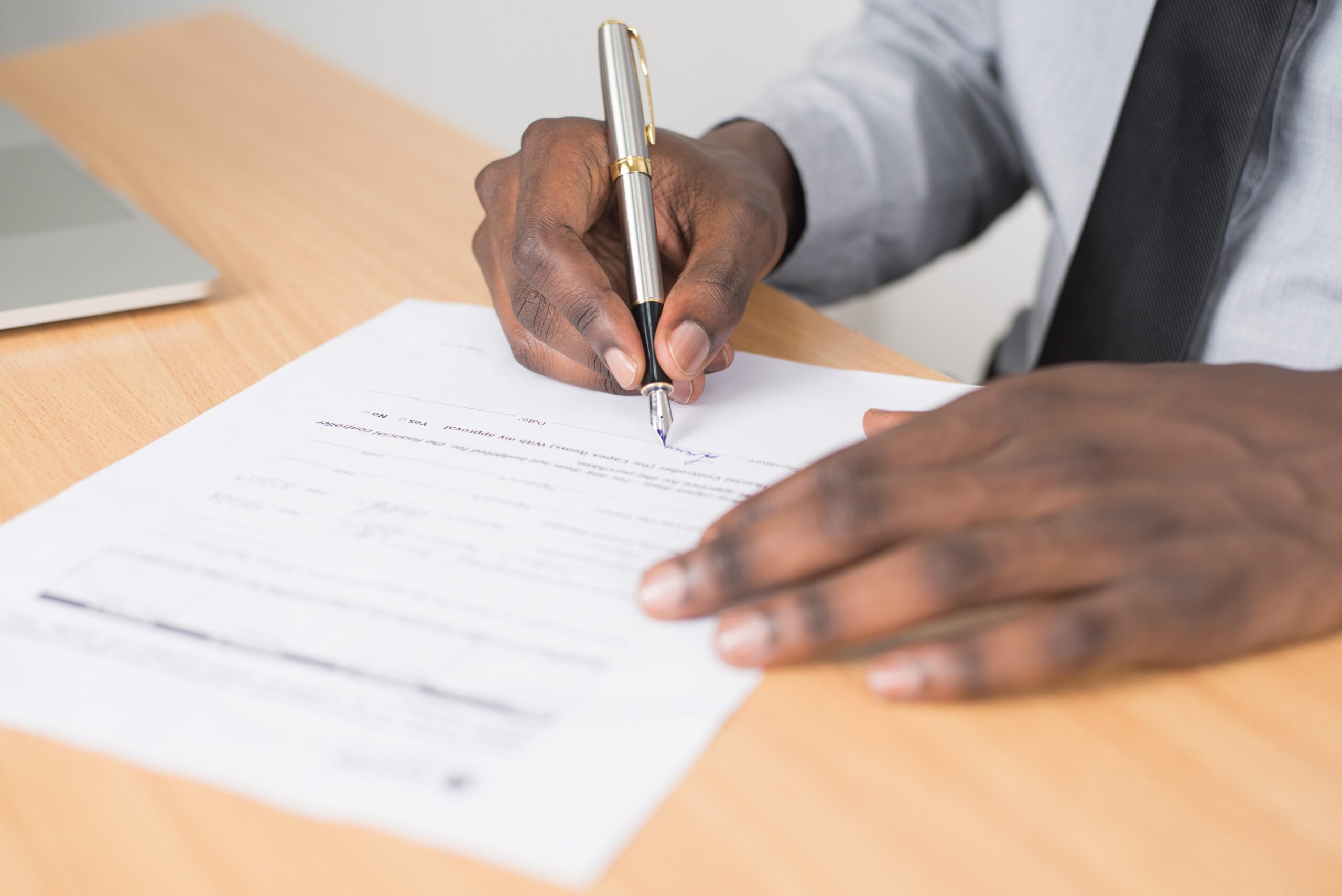Last week government commissioner Mariëtte Hamer published her advice for the Ministry of Education, Culture and Science (OCW) how to address sexual harassment in academia.PNN chair Benthe van Wanrooij: “We are especially happy that the vulnerable position of PhD candidates connected to their dependency on supervisors and temporary employment is emphasized and that Hamer urges institutions to strengthen the position of PhD candidates and postdocs.”
In the advice, Hamer underscores the importance of higher education institutions in improving social safety and their signaling role for society as a whole. She notes that despite increasing attention for this important topic, much work is still to be done to achieve a culture shift. Many cases of violations remain unreported or, if they are reported, are not dealt with in a satisfactory way, which calls for urgent improvements of complaint procedures. Further, Hamer recommends fostering open conversations about desired and undesired behavior, suggesting that such discussions should lead to real change, promoting respectful conduct and awareness of power dynamics. She advocates for the establishment of dedicated teams for social safety within institutions, emphasizing the importance of early issue detection and organizational risk assessments.
Overall, Promovendi Netwerk Nederland/PhD Network Netherlands (PNN) is pleased with the clear advice Hamer formulates. Hamer broadly describes “a standard second supervisor, creating transfer opportunities and getting involved with participation bodies” as possible pathways to improve PhD candidates’ position. We offer more concrete actions to decrease the dependency of PhD candidates, and urge universities and UMCs to take immediate steps:
- Two supervisors: In theory, a second supervisor is required almost everywhere. It is, however, barely defined what the responsibilities and requirements for this position are. PNN would like to emphasize the importance of at least two supervisors who are actively involved in the trajectory of the PhD candidate.
- Performance evaluations: Career development conversations, especially the ‘go-no go’ moment of a PhD trajectory- should be accompanied by an independent person (e.g., HR advisor), potentially supporting the PhD candidate.
- Extensions of the PhD contract need to be granted if the project is delayed due to events that violated social safety of the PhD candidate and required recovery.
- Conflict between PhD and supervisor: Clear procedures for dealing with conflict are needed. These procedures should include guidelines on how to proceed if collaboration is not possible anymore without the candidate having to quit. Procedures for switching supervisors need to be established and PhD candidates need to receive appropriate support during such procedure.
- Co-participation: In order to encourage PhDs to participate in boards and councils they need to be compensated for time spent on these tasks (e.g. teaching hour reductions, contract extensions, budget to hire research assistants).
PNN agrees that the position of confidential advisors and ombudspersons - which are crucial contact points for otherwise vulnerable PhD candidates - need to be further strengthened and formalized. Hamer writes "This function is so important that it is indispensable at all institutions" - thus it should also be required at UMCs and other research institutions, where too often ombudspersons are not yet present.
PNN also strongly supports the further consideration of a central national ombudsperson, and hopes the minister of Education, Culture and Science follows this advice within the foreseeable future. Such an external point for complaints is essential for early career researchers who are temporarily employed and is crucial in cases when local complaint procedures fail.
Further, we applaud Hamer’s appeal to leadership for taking responsibility and acting as role models. That said, we hope that interests of particular groups of PhD candidates (e.g. scholarship or external PhD) are kept in mind. To ensure social safety for these groups should also be the responsibility of the institutions they are affiliated with - even though they do not fall under the collective labor agreement.
PNN will continue to work on improving social safety for all all PhD candidates. Universities, UMCs, and other institutes where PhD candidates work should follow the lead and actively work on creating a safer academic environment.


